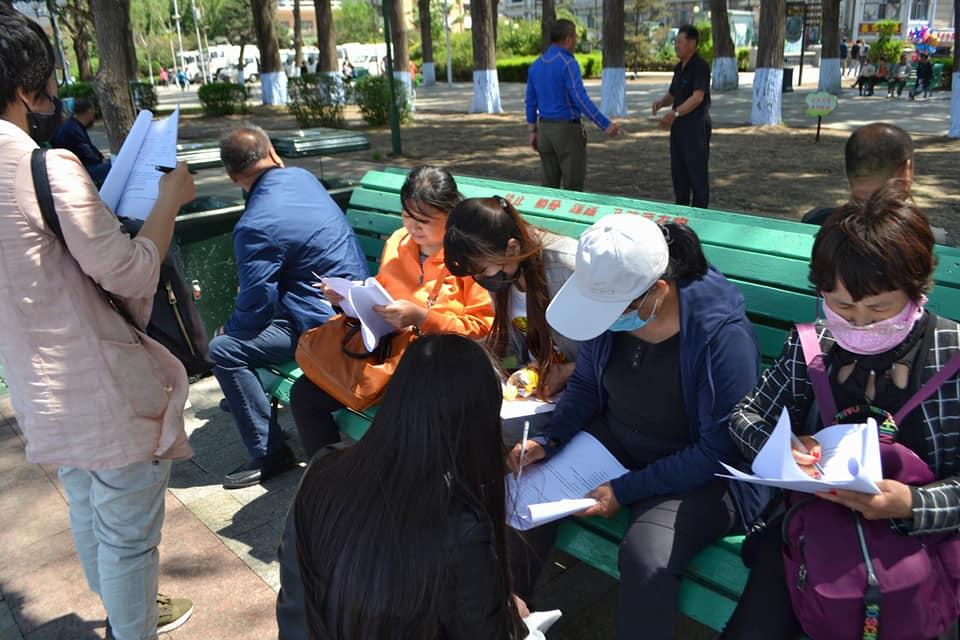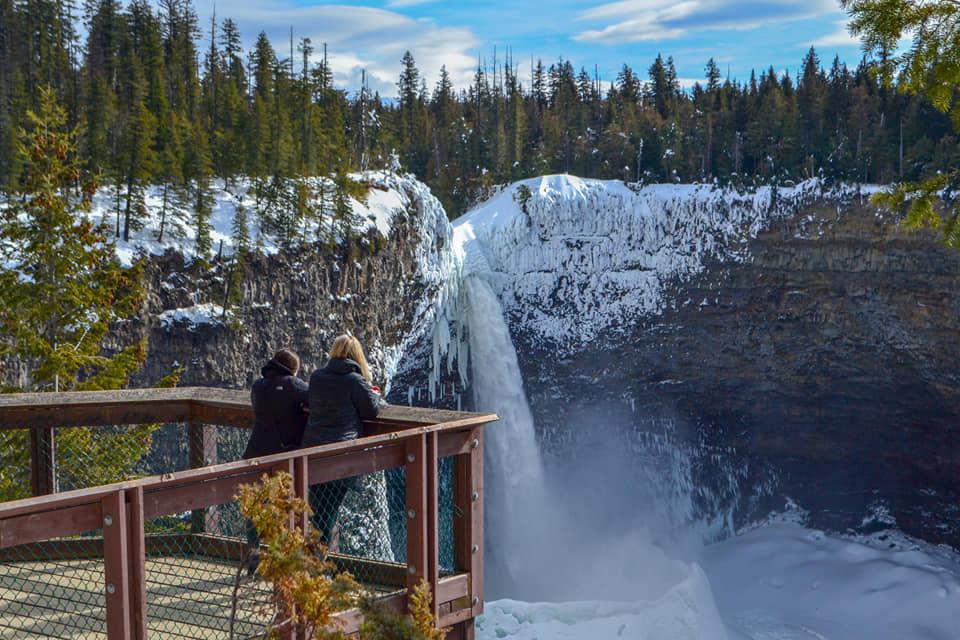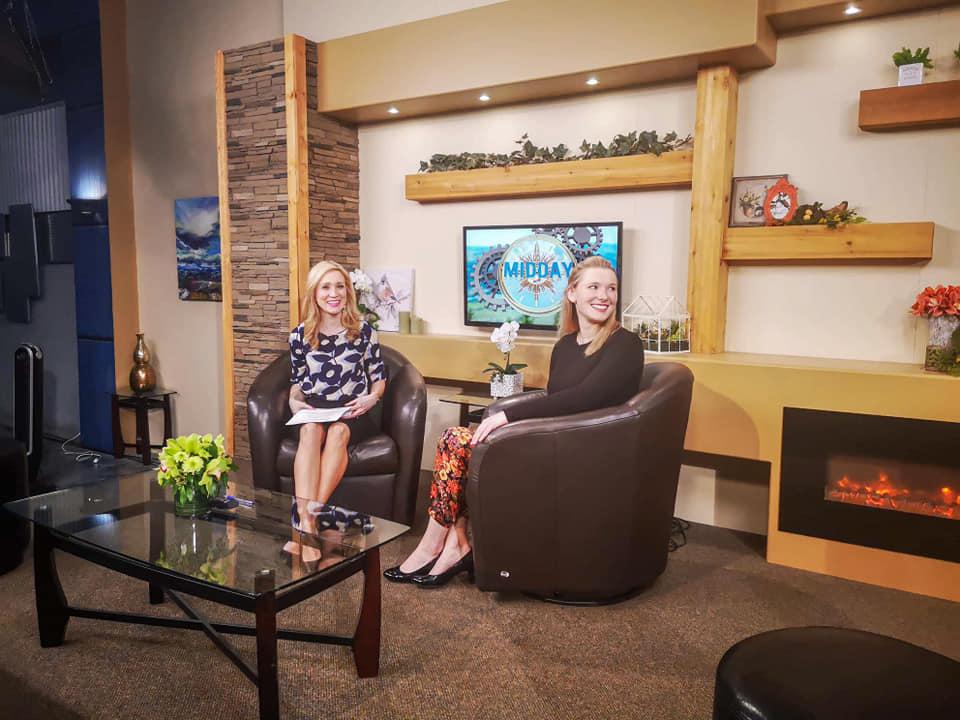|
By Caitlin Brant Tips for speaking about biodiversity loss in the modern world. Summer is normally conservation’s best season - it’s often when the majority of fieldwork, habitat restoration, and public engagement is done. This year though it feels like conservation and many other non-profits are struggling to adapt. This is because meaningful engagement that leads to action is more difficult to achieve without meeting face=to-face. With that in mind, how can we get people on board with conservation? I have spent most, if not all, of my adult life trying to get people to care about this issue when they might not value it or know very much about it. The answer I’ve come up with is a simple one: respect and listen. The reason why so many conservation efforts fail is due to lack of local involvement. We need to understand the reasons behind people’s behaviour before asking them to do something new. Furthermore, behaviour changes take time; everyone is at a different point in their life and sometimes the best option is to showcase what you do, why you do it, and the benefits of that action. Online discussions often seem to facilitate debate rather than dialogue. Of course debates have their place, but if we are going to engage people in conservation, we will have a greater impact by finding common values and celebrating successes both big and small. It is important to understand many people are not going out of their way to harm wildlife – they were simply not taught about how their actions negatively affect biodiversity.
As youth, it can sometimes be difficult to see beyond our social media newsfeeds but there is a whole world of different opinions out there and each opinion should be valued because someone has used their personal experiences to come to that conclusion. The fastest way to turn someone off a cause is the feeling of being judged or policed. Statements like, “You’re doing something wrong”, or “You are not doing enough” will never result in something positive. Remember that not everyone will do what you consider to be right so try to think about what you can change. Finally, just because our lives have been put on hold doesn’t mean we have to cancel on people. We need people to question our decisions and our values. Learning from others and learning to compromise is essential to the future of conservation. It is also important to consider that news outlets are trying to sell stories that have big, reactive headlines. Now more than ever we need people to highlight positive conservation and community engagement. Why not start a small habitat restoration project at your home or with your community, create bird-friendly windows. or advocate for the monarch butterflies’ right-of-way in your municipality? Show people the real things we can all do to help wildlife. Encourage these actions with an emphasis on why individual actions are beneficial to us, our communities, and the planet. Remember, respect goes both ways and positivity breeds positivity.
2 Comments
|
ELB MembersBlogs are written by ELB members who want to share their stories about Ontario's biodiversity. Archives
January 2023
Categories
All
|




 RSS Feed
RSS Feed